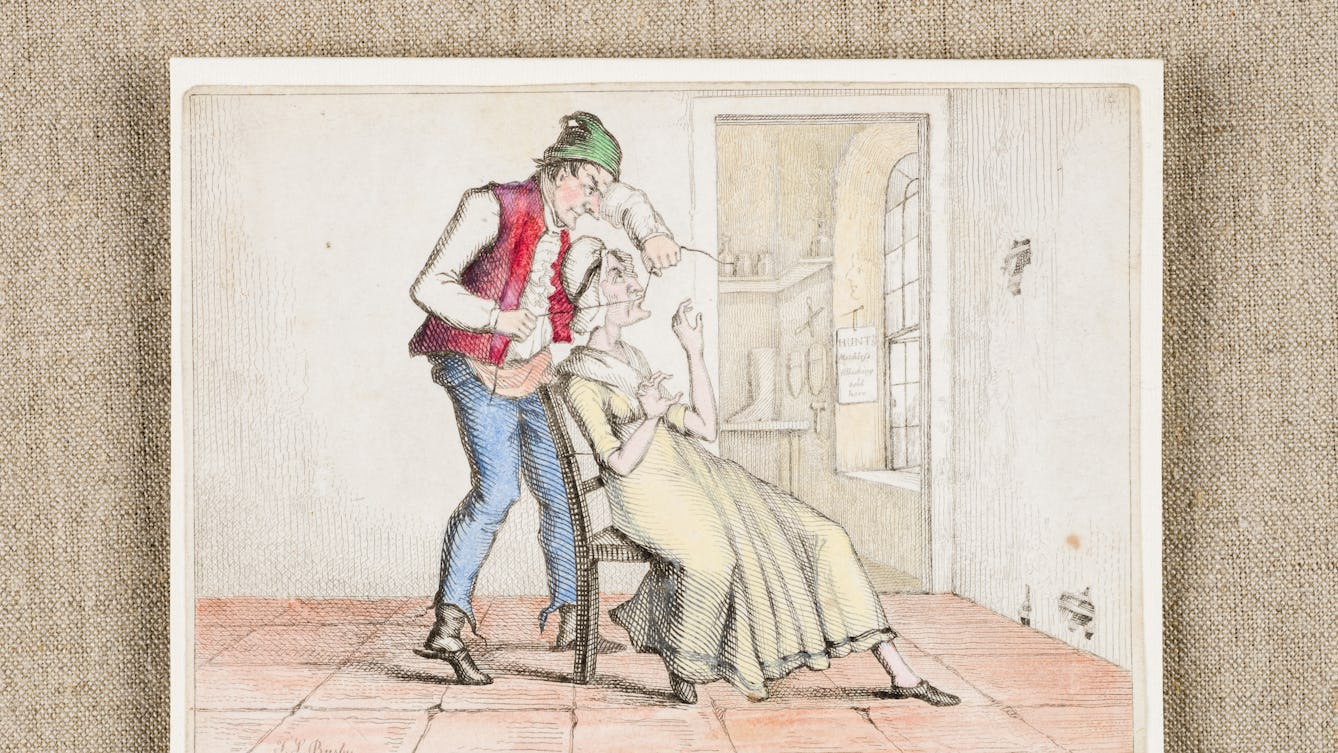
- In pictures
- In pictures
The dangers of women’s speech
For centuries, women have been ridiculed and punished for excessive talking, despite the fact that men gossip just as much.

- Article
- Article
Why are women more willing donors than men?
Why is there a gender imbalance when it comes to the donation of organs, blood and tissue, and what can be done about it?
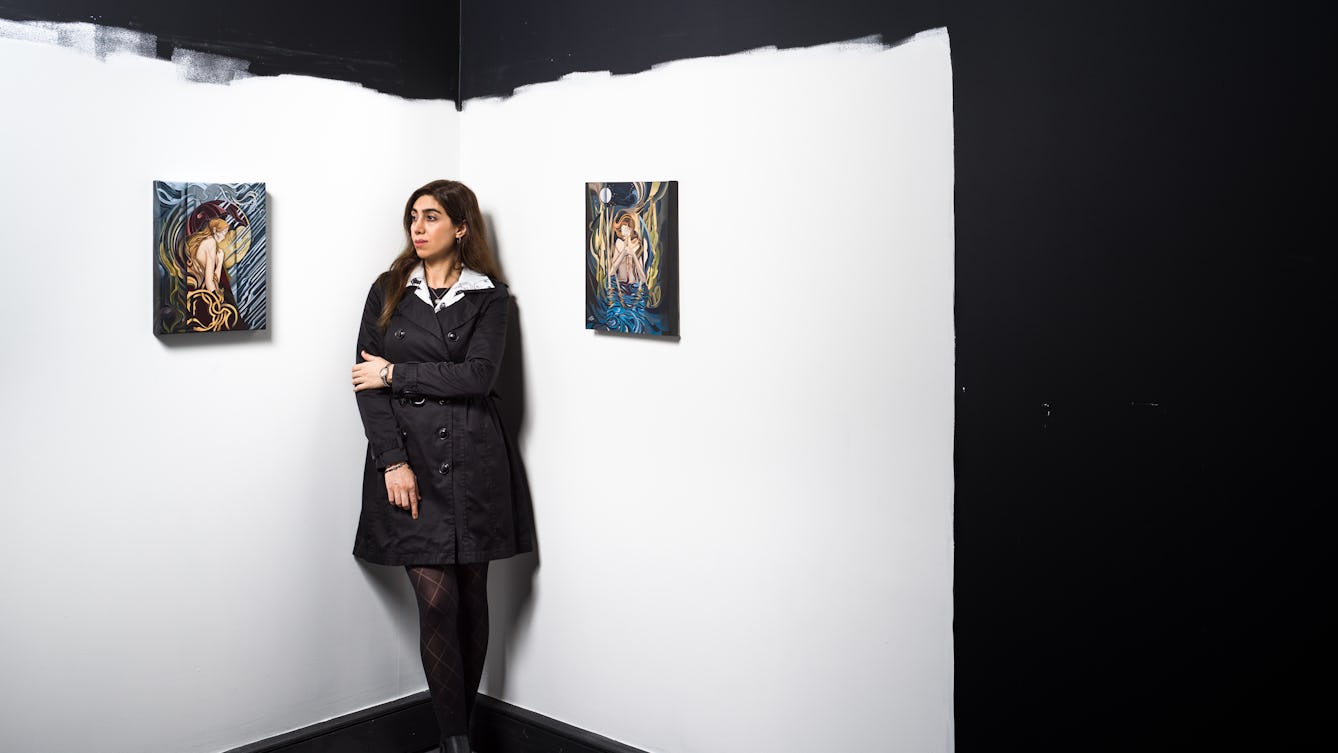
- Interview
- Interview
Refugee health on a pound a day
Two refugees living a hand-to-mouth existence in the UK explain how trauma has affected their health, and how a little kindness is bringing them hope.

- Article
- Article
Pain and the power of activism
Today, women with endometriosis have more access to better information than ever before. Jaipreet Virdi applauds the shared stories, online communities and self-help books empowering women in pain.

- Article
- Article
Does mass media pave the way to fascism?
In the aftermath of World War II, psychoanalysts found the psychological roots of authoritarianism closer to home than was comfortable.
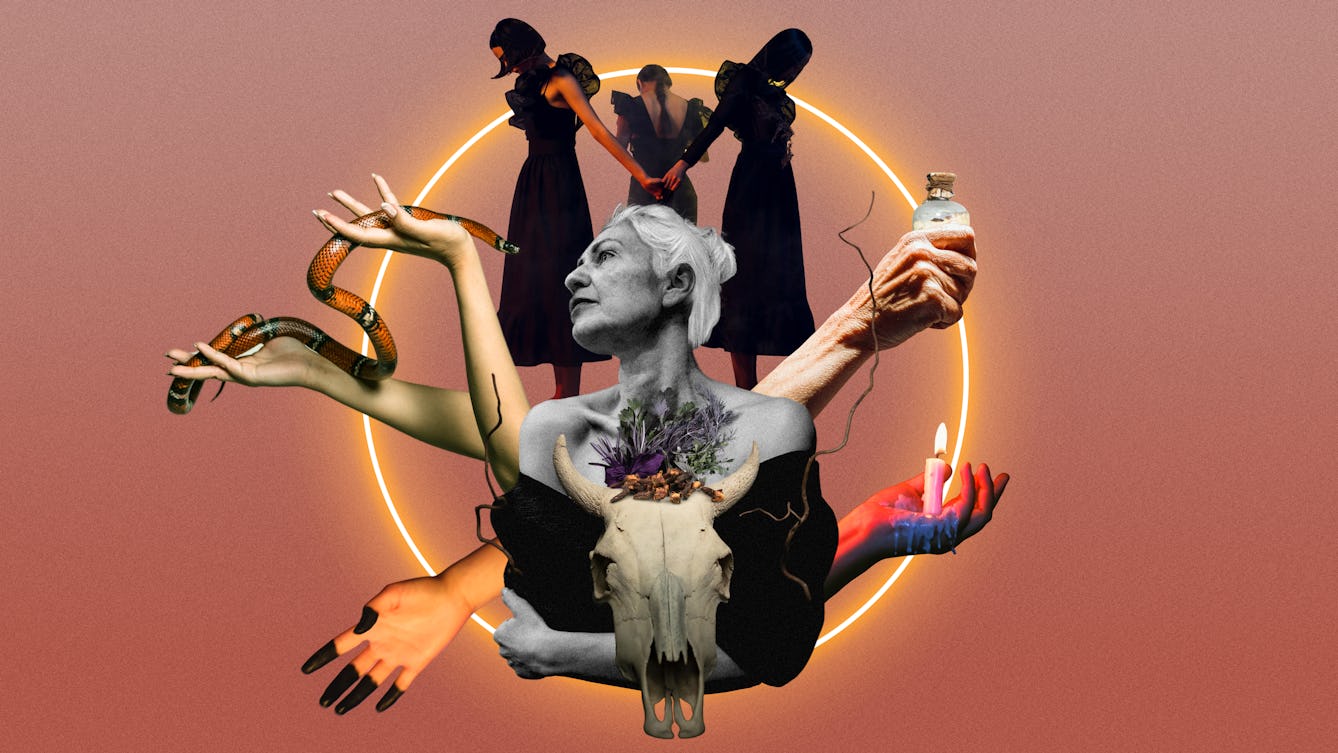
- Article
- Article
Witches
Many of the women persecuted as witches in the 16th-century “witch craze” were over 50 and exhibited signs of menopause. Helen Foster suggests that the stigma of the wicked witch still affects older women and how they deal with menopause.
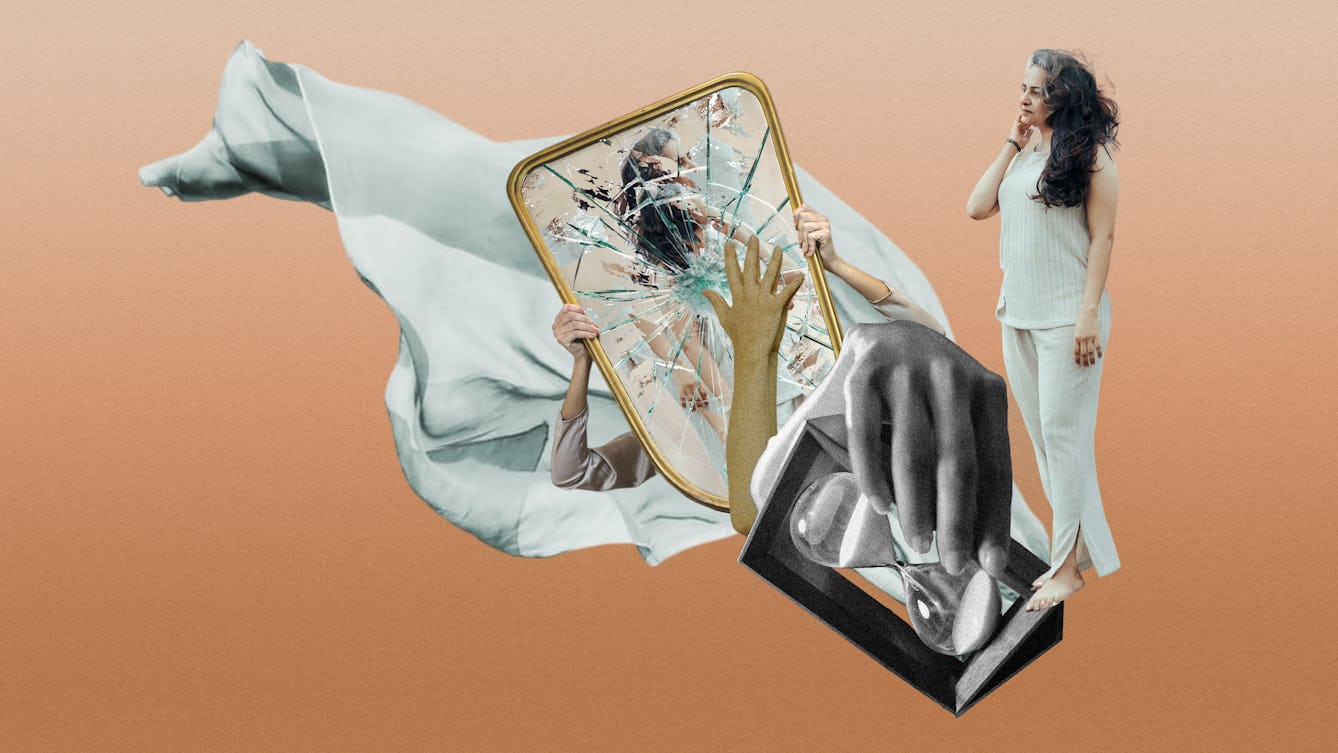
- Article
- Article
Invisibility
Why do menopausal women feel invisible? Because nobody talks about menopause or because society doesn't value older women?

- Article
- Article
The prostitute whose pox inspired feminists
Fitzrovia, 1875. A woman recorded only as A.G. enters hospital and is diagnosed with syphilis.

- Article
- Article
Mixed heritage lesbian couples and fertility treatment
For a lesbian couple who want to share their different cultural heritages with their child, fertility treatment can get very complicated.
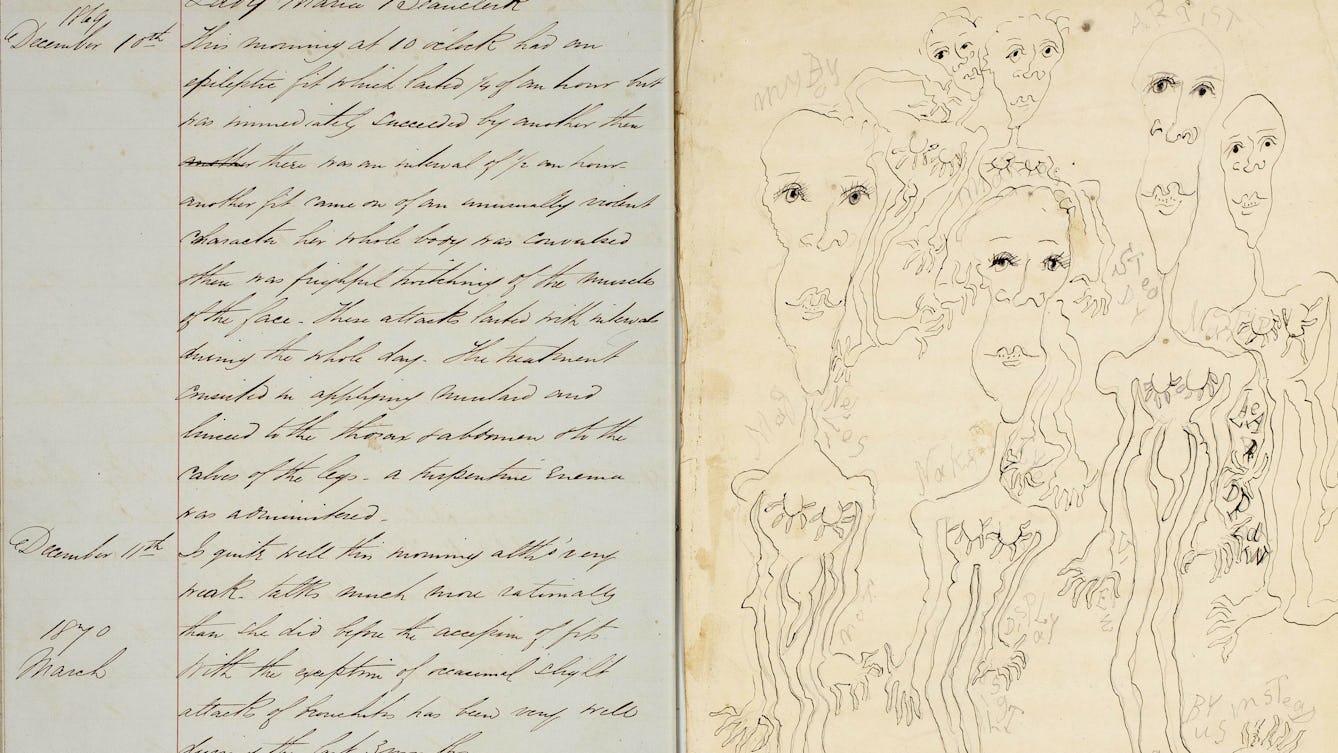
- Article
- Article
Uncovering experiences of dementia
Focusing on three 19th-century women’s case notes, Millie van der Byl Williams explores how our definition of dementia has changed.
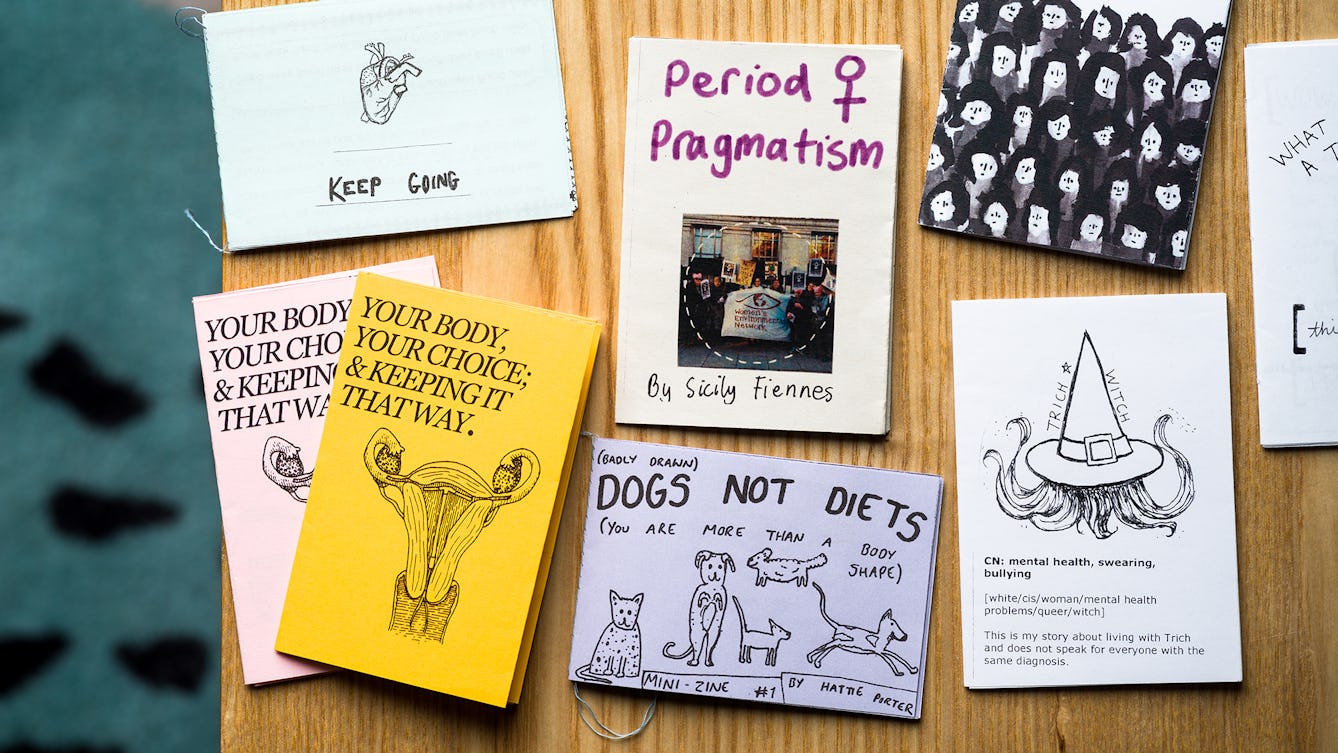
- Article
- Article
Six personal health zines that might change your life
Personal zines put health conditions back in the hands of the people who experience them. Here are six that Wellcome Collection staff love.
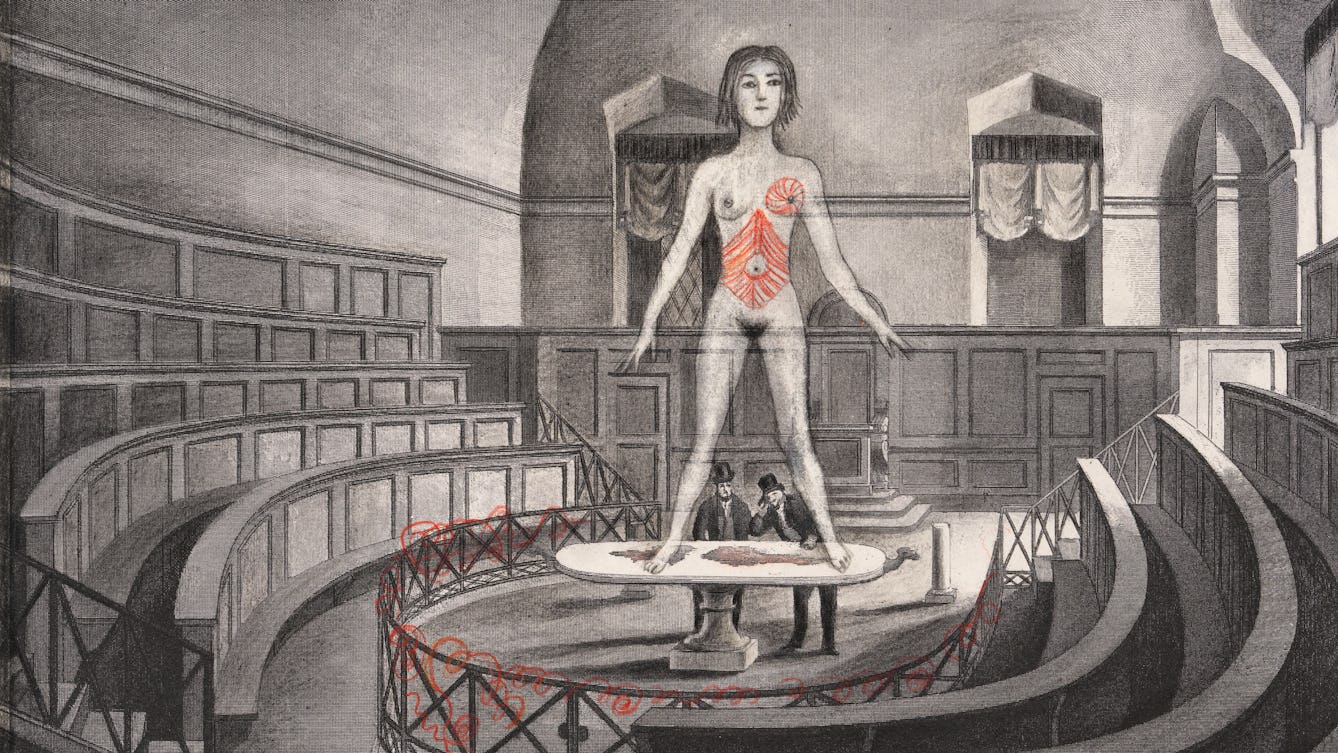
- Article
- Article
The pain that punished feminists
In a society that viewed getting the vote, and pursuing an education and career, as unnatural goals for women, the pain of endometriosis was viewed as nature’s retribution.

- Article
- Article
The law of periodicity for menstruation
Dr Edward Clarke's Law of Periodicity claimed that females who were educated alongside their male peers were developing their minds at the expense of their reproductive organs.
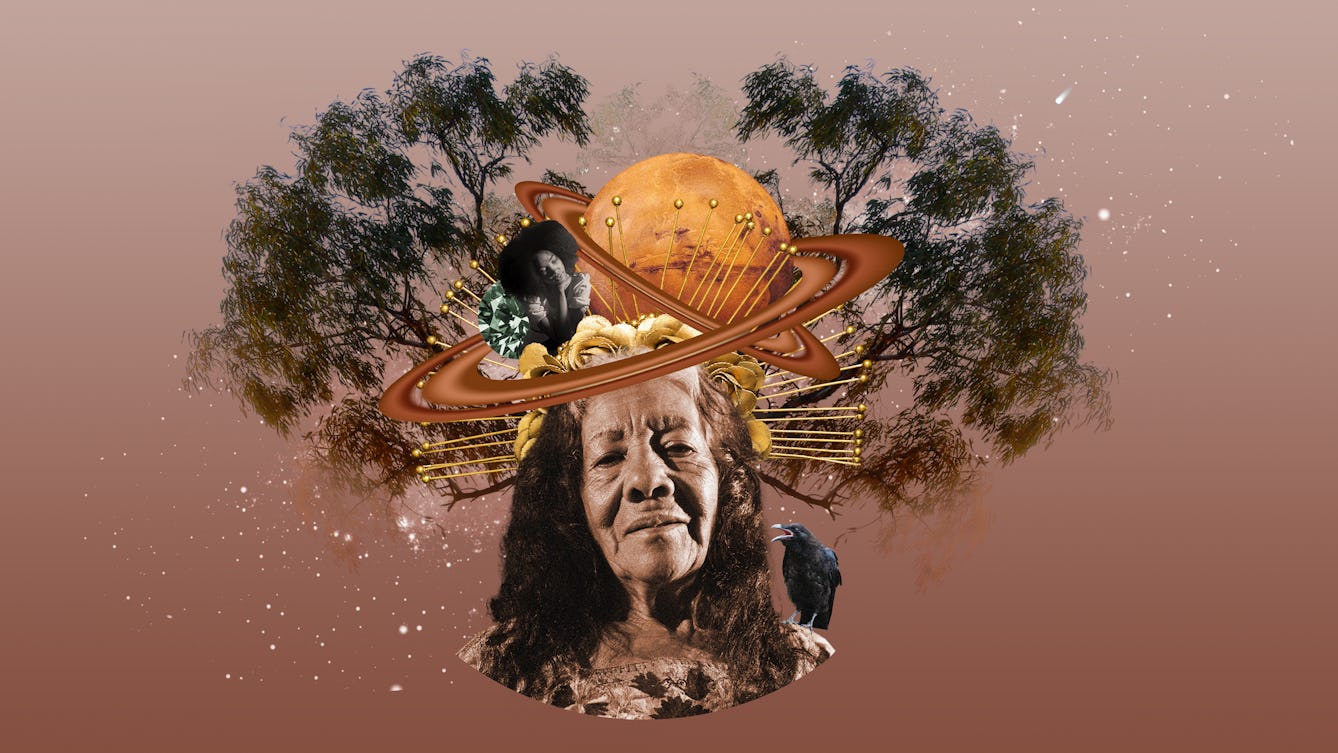
- Article
- Article
Crones
Menopause can be tough when nobody talks about it and all the stereotypes are negative, but it can also be transformative, marking the start of a new stage of life - cronehood.

- Article
- Article
NHS strikes and the decade of discontent
When the social unrest of the 1970s spread to the NHS, dissatisfied staff challenged the status quo for the first time in quarter of a century.

- Book extract
- Book extract
Winter blues and the story of SAD
In ‘Chasing the Sun‘ Linda Geddes reveals why for some people, winter is literally depressing, showing how we first came to recognise seasonal affective disorder (SAD).
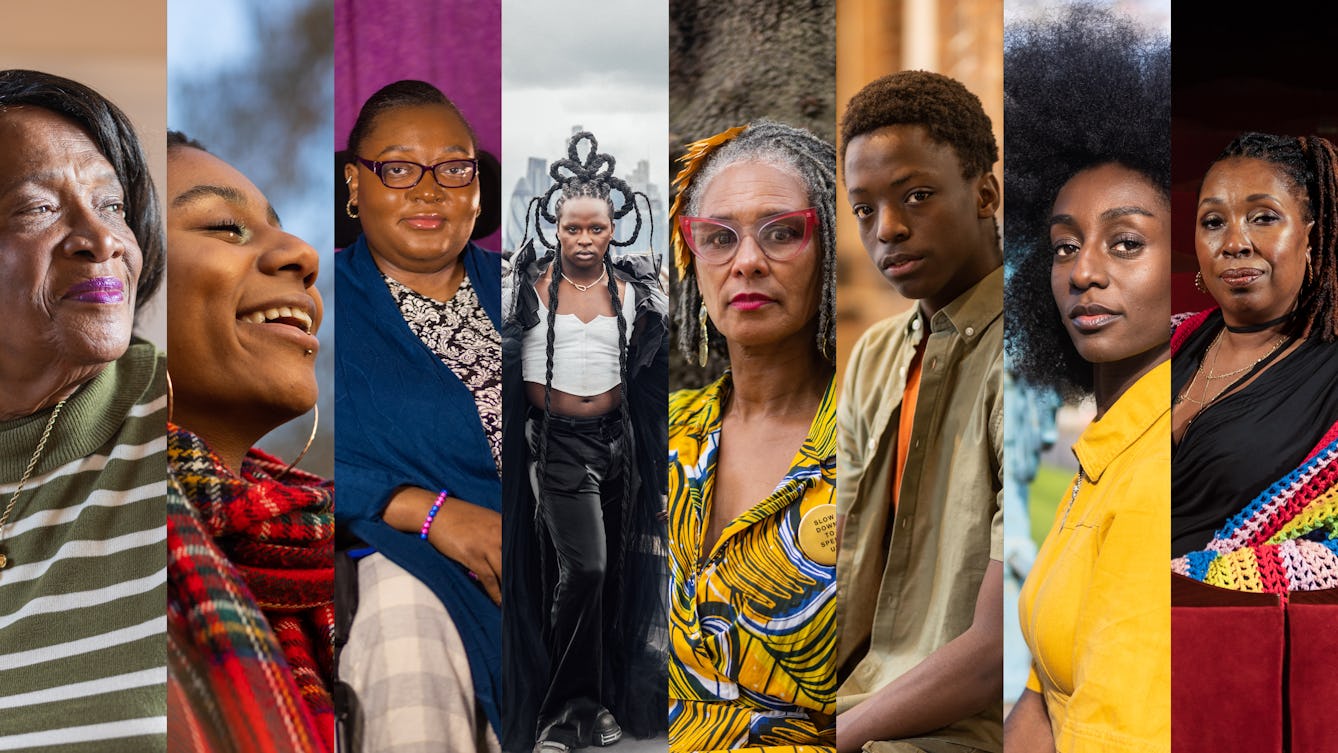
- Photo story
- Photo story
‘My Hair Is Not…’
Eight Black people talk about their relationship with their hair – their hairstyle history, their experiences, and how they decided to have natural hair.

- Article
- Article
The work of wet-nursing
Many of us know that in the past, babies were sometimes nourished by wet-nurses. But, perhaps surprisingly, the practice continues today – and the milk recipients are not only babies.

- Article
- Article
Can our sexual desires be transformed?
In the 1950s, many psychiatrists thought that homosexuality could be reformed. One found that it couldn’t – and his discoveries led to a change in the law.

- Article
- Article
Diagnosing the past
Historical texts rarely supply enough detail for a definitive diagnosis, so medical historians need to proceed with caution.
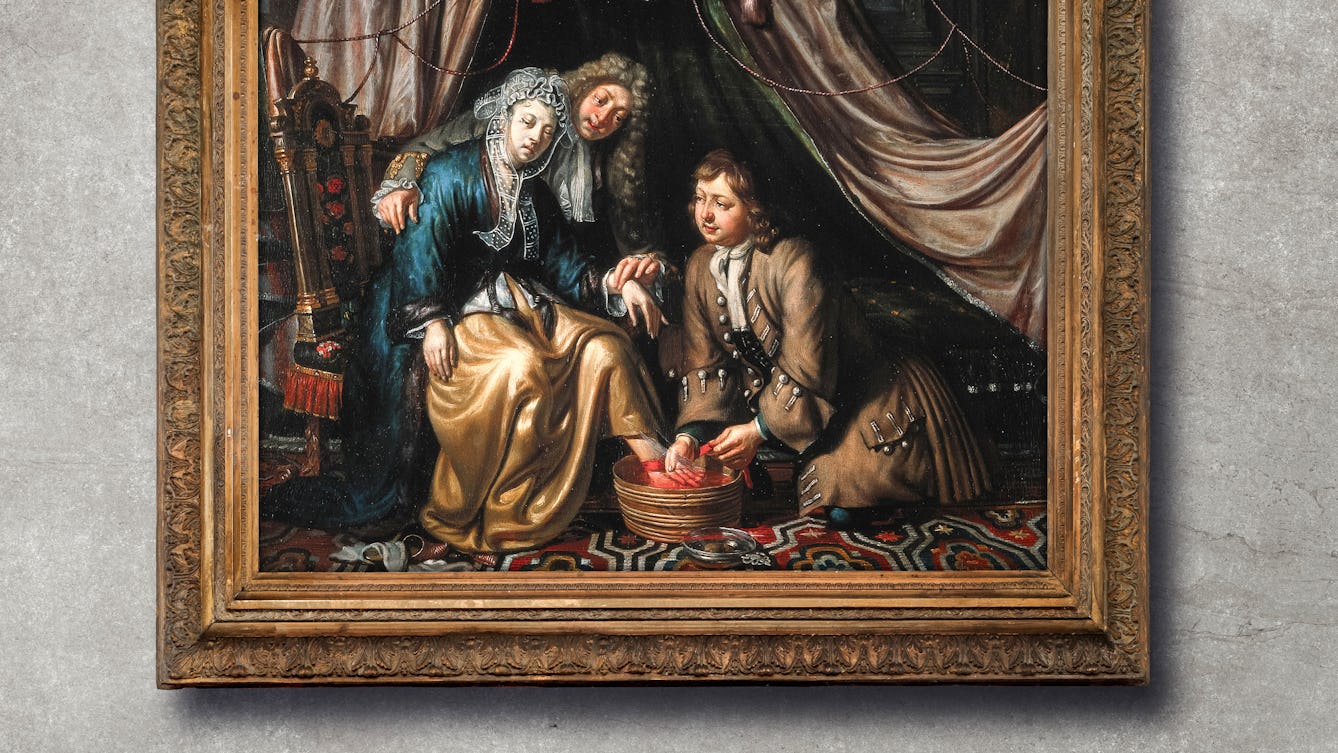
- Article
- Article
Bleeding healthy
For thousands of years, and in many different cultures, people have practised bloodletting for health and medical reasons. Julia Nurse explains where and when bleeding was used, how it was done, and why.

- Article
- Article
A brief history of tattoos
The earliest evidence of tattoo art dates from 5000 BC, and the practice continues to hold meaning for many cultures around the world.

- Article
- Article
The case for safe skin bleaching
Skin bleaching tends to attract a negative press for a whole host of reasons. But when used to treat medical problems, its positive side becomes clear.

- Article
- Article
A bad atmosphere in the Balkans
The citizens of Belgrade, one of the most polluted cities in Europe, are finally pushing back against the polluters, whose activities they’ve been encouraged to accept.

- Article
- Article
When skin bleaching goes wrong
Warnings about permanent health damage don’t deter those using skin-bleaching products for years on end. Read the story of one woman who suffered from liver failure after years of striving to be paler.